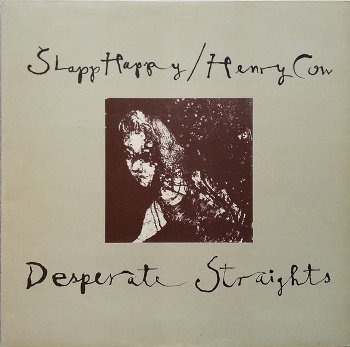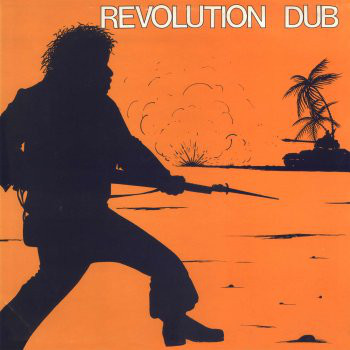Just one person's opinion: Biden's overreaching vaccine mandate has already cost the Dems in Virginia and if he keeps it up will bring the party down in flames. A year ago, he, Pelosi, and Fauci thought mandates were too extreme (there are videos of them saying this) but then they changed their minds. Using OSHA (which is supposed to be preventing workplace accidents) to twist the arms of 100-plus-employee companies, forcing them to carry out the mandate, is an extremely weak legal argument. Evidently it's the only one Biden and his team could come up with and yesterday the 5th Circuit demolished the administration's sophistic reasoning. Reading the text of the opinion is highly recommended (as opposed to listening to what Tucker or Rachel have to say about it).
This will probably end up decided by the Supremes (should be fun) but it's good to know what's actually being argued about. For the record, this blog is not "anti-vaxx" but is pro-worker and Big Pharma-skeptical. Below are some excerpts from the opinion. On page 6:
The Occupational Safety and Health Act, which created OSHA, was enacted by Congress to assure Americans “safe and healthful working conditions and to preserve our human resources.” See 29 U.S.C. § 651 (statement of findings and declaration of purpose and policy). It was not -- and likely could not be, under the Commerce Clause and nondelegation doctrine -- intended to authorize a workplace safety administration in the deep recesses of the federal bureaucracy to make sweeping pronouncements on matters of public health affecting every member of society in the profoundest of ways.
On the dubious assumption that the Mandate does pass constitutional muster -- which we need not decide today -- it is nonetheless fatally flawed on its own terms. Indeed, the Mandate’s strained prescriptions combine to make it the rare government pronouncement that is both overinclusive (applying to employers and employees in virtually all industries and
workplaces in America, with little attempt to account for the obvious differences between the risks facing, say, a security guard on a lonely night shift, and a meatpacker working shoulder to shoulder in a cramped warehouse) and underinclusive (purporting to save employees with 99 or more coworkers from a “grave danger” in the workplace, while making no attempt to shield employees with 98 or fewer coworkers from the very same threat). The Mandate’s stated impetus -- a purported “emergency” that the entire globe has now endured for nearly two years, and which OSHA itself spent nearly two months responding to -- is unavailing as well. And its promulgation grossly exceeds OSHA’s statutory authority.
On pp 18-19 of the opinion:
It is clear that a denial of the petitioners’ proposed stay would do them irreparable harm. For one, the Mandate threatens to substantially burden the liberty interests of reluctant individual recipients put to a choice between their job(s) and their jab(s). For the individual petitioners, the loss of constitutional freedoms “for even minimal periods of time . . . unquestionably constitutes irreparable injury.” Elrod v. Burns, 427 U.S. 347, 373 (1976) (“The loss of First Amendment freedoms, for even minimal periods of time, unquestionably constitutes irreparable injury.”). Likewise, the companies seeking a stay in this case will also be irreparably harmed in the absence of a stay, whether by the business and financial effects of a lost or suspended employee, compliance and monitoring costs associated with the Mandate, the diversion of resources necessitated by the Mandate, or by OSHA’s plan to impose stiff financial penalties on companies that refuse to punish or test unwilling employees. The Mandate places an immediate and irreversible imprint on all covered employers in America, and "complying with a regulation later held invalid almost always produces the irreparable harm of nonrecoverable compliance costs.”
On page 20 of the opinion:
From economic uncertainty to workplace strife, the mere specter of the Mandate has contributed to untold economic upheaval in recent months. Of course, the principles at stake when it comes to the Mandate are not reducible to dollars and cents. The public interest is also served by maintaining our constitutional structure and maintaining the liberty of individuals to make intensely personal decisions according to their own convictions -- even, or perhaps particularly, when those decisions frustrate government officials.



